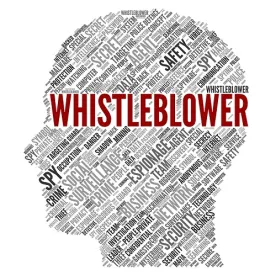In a False Claims Act case in which the relators allege that Mount Sinai Hospital and affiliated entities committed improper billing and wrongful payment retention misconduct, Judge Berman of the United States District Court for the Southern District of New York held that the relators could use confidential patient records as the basis for their qui tam action. The decision is available here.
In a motion to dismiss, the defendants asserted that the relators “may not rely on improperly obtained confidential patient records as the basis for their complaint.” Judge Berman rejected defendant’s request for preclusion of the patient records, holding that
there is strong public policy in favor of protecting those who report fraud against the government. See U.S. ex rel. Ruhe v. Masimo Corp., 929 F. Supp. 2d 1033, 1039 (C.D. Cal. 2012) (where relators “sought to expose a fraud against the government and limited [obtaining] documents relevant to the alleged fraud … this taking and publication was not wrongful, even in light of nondisclosure agreements, given ‘the strong public policy in favor of protecting whistleblowers who report fraud against the government.”‘) (citing U.S. ex rel. Grandeau v. Cancer Treatment Ctrs. of Am., 350 F. Supp. 2d 765, 773 (N.D. Ill. 2004) (“Relator and the government argue that the confidentiality agreement cannot trump the FCA’s strong policy of protecting whistleblowers who report fraud against the government.”)).
Judge Berman also noted the relators’ contention that HIPPA “carves out an exception that allows ‘whistleblowers’ to reveal such information to governmental authorities and private counsel, provided that they have a good faith belief their employer engaged in unlawful conduct.” The relators are represented by McInnis Law.
As Medicare fraud is estimated to cost taxpayers $60 billion to $90 billion each year, it is critical that the courts do not permit health care providers to use confidentiality agreements to immunize themselves from FCA liability. If confidentiality agreements were deemed to trump the FCA, then the government would lose its most effective tool in combatting health care fraud.
Nevertheless, whistleblowers should seek counsel before using confidential information to bring a whistleblower claim. And whistleblowers should avoid gathering evidence unlawfully and consider taking appropriate measures to protect certain confidential information, such as filing a redacted complaint that does not disclose patient names.



 />i
/>i

